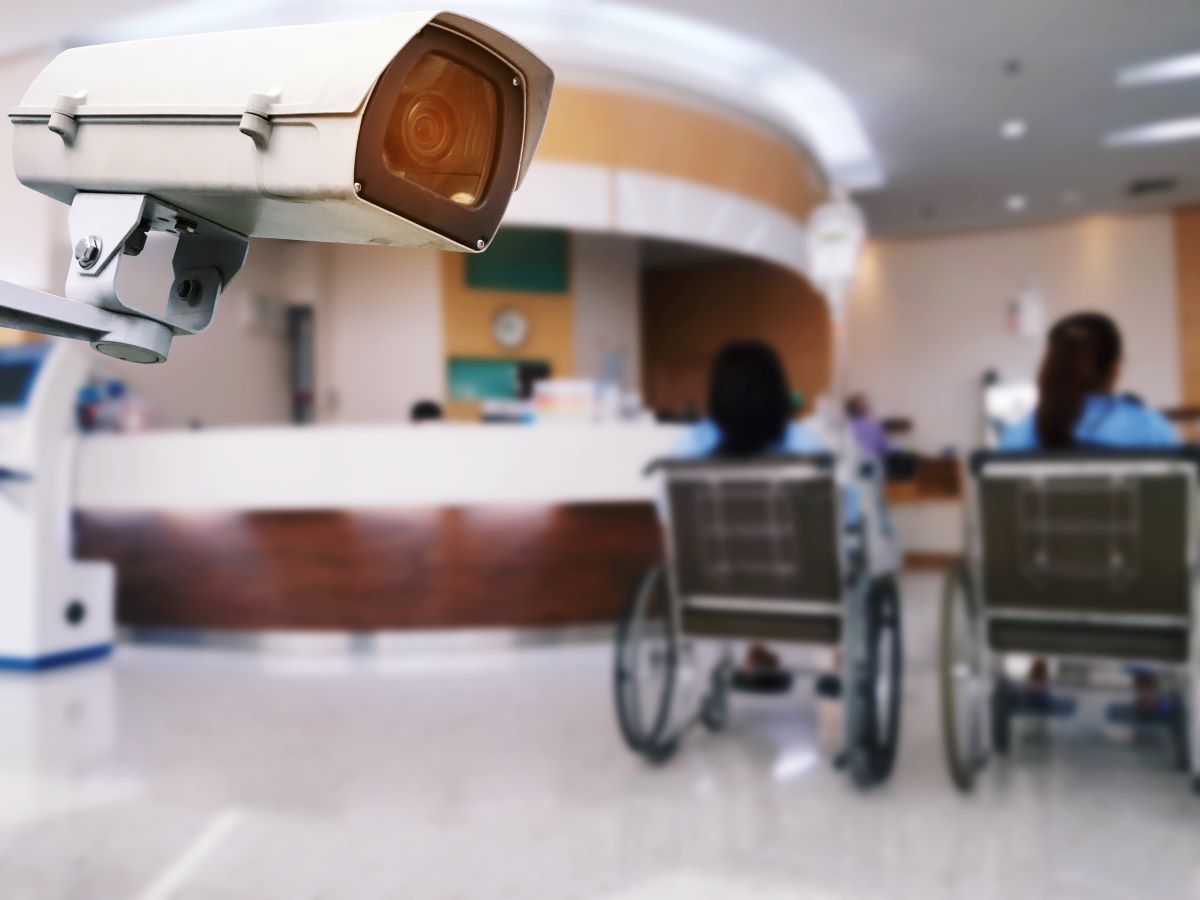Let’s cut straight to it. Imagine you’re a doctor or nurse. Your day is a relentless conveyor belt of complex cases, emotional conversations, and life-altering decisions. You’re stretched thin, doing your absolute best. Then, mid-consultation, you notice a patient’s phone subtly angled towards you. Or worse, you discover later that your private professional interaction, potentially featuring your face and your words, is now soundtracked by a viral TikTok trend.
This isn’t dystopian fiction. It’s a growing and deeply concerning reality across the NHS: patients angering NHS staff by secretly filming consultations for TikTok and Instagram. And the anger brewing among healthcare professionals isn’t just frustration; it’s a potent mix of betrayal, violation, and fear for the future of trust-based care.
Beyond the “Like” Button: The Core of the Conflict
Why is this happening? Social media’s allure is undeniable. People seek validation, share experiences (health journeys included), or sometimes, just chase clout. A dramatic diagnosis, a confusing explanation, or even a routine check-up might seem like prime content. But the act of secretly filming consultations transforms a shared medical space into a covert recording studio.
For NHS staff, the impact is profound:
- Shattered Trust: The foundation of healthcare is trust. Secretly filming obliterates this. Staff feel ambushed and disrespected. How can they be open, honest, and vulnerable (as sometimes required for difficult conversations) if they fear being broadcast without consent?
- Violation of Privacy & Autonomy: Clinicians have a right to privacy too. Their image, their words, their professional judgment are captured without permission. This isn’t just about them; it potentially breaches the confidentiality of other patients if overheard.
- Increased Anxiety & Defensiveness: Knowing they could be recorded at any moment forces staff into a defensive posture. It stifles natural conversation, makes them second-guess their phrasing, and adds another layer of stress to an already overwhelming job. The fear of being misrepresented online is constant.
- Erosion of the Therapeutic Relationship: Care suffers. When trust is replaced by suspicion, the quality of the patient-clinician relationship plummets. Open dialogue is replaced by guarded exchanges.
It’s Not Just Rude, It’s Likely Illegal (and Against Policy)
This isn’t merely an etiquette breach. In the UK:
- Consent is King: Recording someone without their knowledge or consent in a private setting (like a consultation room) generally violates data protection laws (GDPR/UK GDPR) and potentially laws around privacy and harassment. The consultation room is a private space.
- NHS Policies: Most NHS Trusts explicitly prohibit the recording of consultations without the express prior consent of all parties involved – patient and clinician. Secretly filming consultations is a direct violation of these policies.
- Confidentiality Breach: Even if the staff member isn’t the primary focus, capturing audio risks recording sensitive information about other patients or staff, breaching strict confidentiality rules.
What Happens Next? Consequences Beyond Anger
The fallout from patients angering NHS staff by secretly filming consultations extends beyond individual hurt feelings:
- Staff Exodus: Morale is at rock bottom. This added violation pushes dedicated professionals closer to leaving the NHS entirely, exacerbating the staffing crisis.
- Defensive Medicine: Fear of being misrepresented online may lead clinicians to practice overly cautious or defensive medicine, potentially not in the patient’s best interest.
- Resource Drain: Dealing with discovered secret recordings – investigating, reporting, potential disciplinary or legal action – wastes precious NHS time and resources better spent on patient care.
A Plea for Partnership, Not Performance
Sharing health experiences online can be powerful and supportive. But there’s a right way:
- ASK FIRST: Always, always ask for explicit consent from your doctor or nurse before hitting record. Explain why you want to record. Respect their right to say no.
- Be Transparent: If recording is agreed upon, discuss what will happen to the recording. Who will see it? Where will it be stored? Will it be shared publicly?
- Consider the Alternatives: Could notes suffice? Could you bring a trusted family member for support and recall? Many conditions allow a chaperone if requested.
- Empathy Check: Before you post, think: Would I want my own workplace interactions broadcast without warning? How does this represent the person trying to help me?
The Bottom Line
The NHS runs on the dedication of its staff and the trust of its patients. Secretly filming consultations for TikTok and Instagram isn’t harmless content creation; it’s a corrosive act that damages the very fabric of care. It’s patients angering NHS staff during a period of unprecedented strain. Choosing respect and open communication over secrecy isn’t just polite; it’s essential for preserving a healthcare system we all depend on. Let’s keep the cameras off and the trust on.


